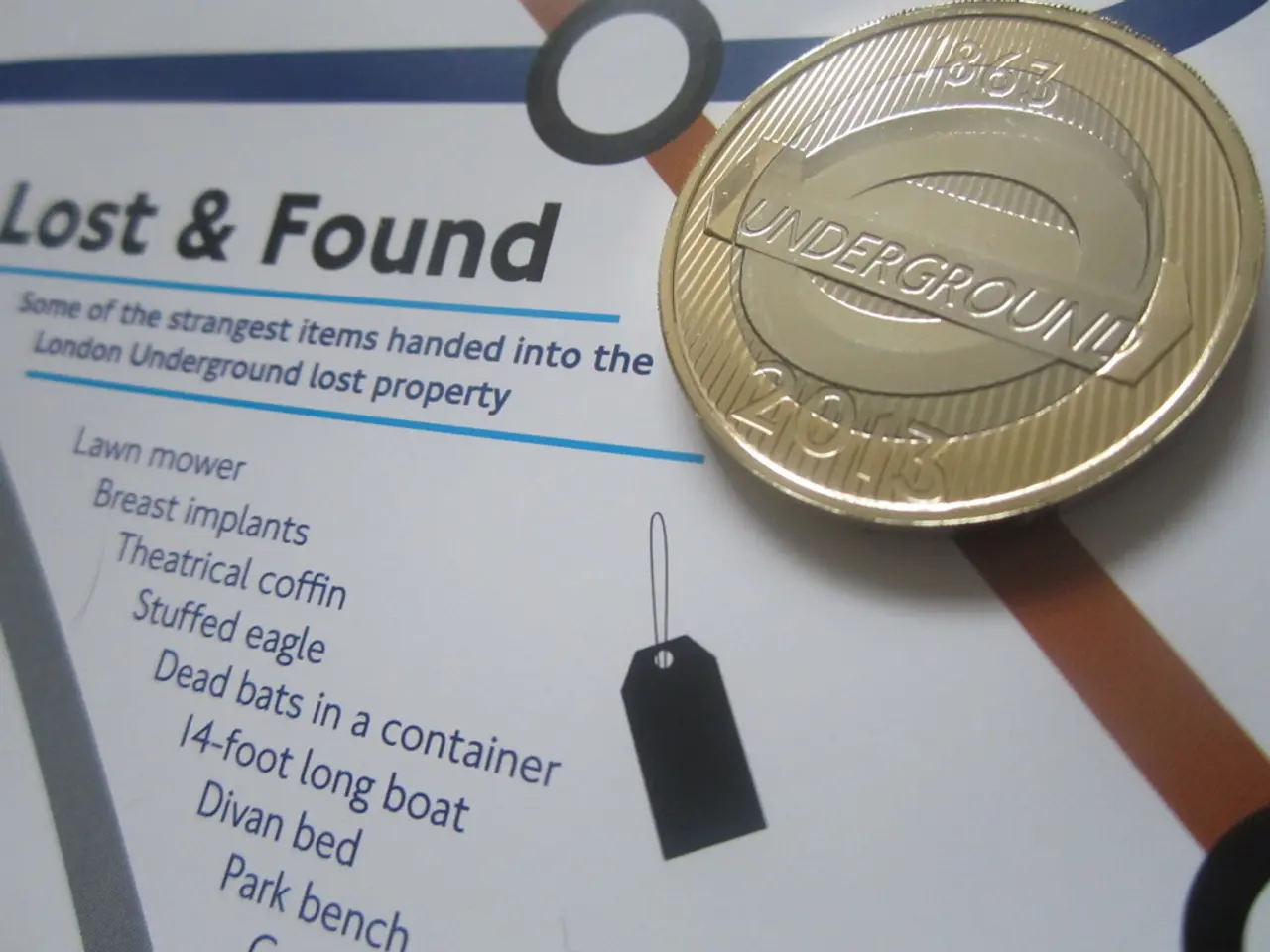Discussions in Pennsylvania are intensifying concerning the budget, the possibility of legalizing marijuana, and imposing taxes on skill games.
Pennsylvania's Budget Showdown: Shapiro's Big Spending Request Faces Tough Talks
With just two weeks left for Pennsylvania's politically divided government to pass a new spending plan, the heat is on. Gov. Josh Shapiro and state lawmakers find themselves in a tough spot, with big questions hanging over Shapiro's spending request.
Aside from the budget, there's a gusto brewing to make Pennsylvania the 25th state to legalize marijuana for adult use, up the minimum wage, and slap taxes on "skill" games popping up in bars, pizzerias, convenience stores, and standalone venues.
The slow-moving, contentious discussions have become a crawl, with many watching Congress to see if federal aid cuts are on the horizon.
- Newsflash: Sponsor our site!
Here are the major issues at play in the budget negotiations:
Top Priorities for Shapiro
Democrats led by Shapiro want to boost funding for public schools and public transit agencies, with a particular focus on public transit.
Republicans who control the Senate have similar ambitions. But Senate Majority Leader Joe Pittman emphasizes controlling Medicaid costs and the proliferation of skill games as his members' threshold issues.
Medicaid Headaches
Shapiro's budget proposal asks for a 9% increase in state operations spending, amounting to about $3.8 billion, including a $230 million request for the current year's spending. Over half of this increase, $2.5 billion, goes towards extending Medicaid spending, with a significant chunk owing to a miscalculation in caring for unexpectedly sick people on the state's Medicaid rolls post-COVID-19 pandemic[1].
Pennsylvania's Financial Gap
Shapiro's budget proposal holds the line on personal income and sales tax rates, the state's primary income sources. However, it requires $4.5 billion in reserve cash to balance. Rising tax collections, projected to increase by $2.3 billion to $48.3 billion, provide only half the solution[1].
The other half depends on whether lawmakers legalize adult-use marijuana, expand corporate net income tax application, and regulate skill games. The House has already passed legislation allowing marijuana use for adults over 21, but Senate Republican leadership opposes it[2].
Meanwhile, skill games legislation backed by Senate Republican leadership carries a 35% tax rate and limits machine numbers in each establishment, sparking opposition from bar owners and potentially outlawing tens of thousands of existing machines.
Court Decision-Driven Increases
Shapiro's budget allocates an extra $800 million, or 6%, for K-12 schools and higher education institutions. Most of this increase, $526 million, is seen as part of a multiyear, multibillion-dollar response to a court decision finding that Pennsylvania's system of public school funding violates the constitutional rights of students in the poorest districts[1].
The House has passed separate legislation aimed at providing savings to public schools by trimming reimbursements to cyber charter schools. However, its Senate fate remains unclear.
Aid for Service Providers
Nursing home operators, home care providers, and county-run mental health services are hoping for substantial increases. The Pennsylvania Homecare Association is seeking a 10% increase, or $370 million more, for home care services for the 150,000-200,000 people who qualify for Medicaid-funded home care[1].
Transit Challenges
Shapiro wants an additional $283 million for public transit agencies, working to stave off cutbacks as they regain pandemic-lost ridership. Democrats support this, whereas Republicans aim to counter with funding for highway projects using skills game tax revenue.
Minimum Wage Hike
The House has passed legislation to raise the minimum wage for Pennsylvania, making it the 31st state to do so above the federal minimum of $7.25 an hour. However, Senate Republican leadership opposes this move[2].
- Face the Facts
- Tweet it
- Email us
Join forces with our nonprofit crusade for fact-based journalism. Support us today!
Footnotes
[1] Miscalculation of Medicaid Costs, source: [Our Website][2] Republican's Response: $715 Billion Abatement over ten years, source: [XYZ News][3] Increased Healthcare Needs Post-Pandemic, source: [Health Initiative Journal]
- The governor, Josh Shapiro, and state lawmakers are focusing on boosting funding for public schools and public transit agencies, with a specific emphasis on public transit, as part of Pennsylvania's budget negotiations.
- On the subject of policy and legislation, the House has already passed legislation allowing marijuana use for adults over 21, but Senate Republican leadership opposes it. Meanwhile, skill games legislation, which carries a 35% tax rate and limits machine numbers, has sparked opposition from bar owners and may potentially outlaw tens of thousands of existing machines.
- In the transportation sector, nursing home operators, home care providers, and county-run mental health services are hoping for substantial increases, with the Pennsylvania Homecare Association seeking a 10% increase, or $370 million more, for home care services for Medicaid-qualified individuals.




